The plumbing system is complex, and even a minor issue can develop into an emergency. You should hire a professional plumber to fix the problem and prevent it from recurring. Look for a plumber with experience and a track record of customer satisfaction. Ask for a list of pleased client references and check them out. If you want to continue learning about plumbing maintenance, check out the rest of this blog!
They have the right tools for plumbing maintenance
Professional plumbers have a wide variety of tools and experience that allow them to address issues like water leaks and clogged drains quickly and effectively. This can prevent extensive damage to the property and save homeowners thousands in repairs.
Plumbers also use a number of safety tools to protect themselves while working with hazardous materials and in tight spaces. For example, they wear protective eyewear and carry a heat shield when soldering pipes. They also have pliers, which are used to grip, twist, loosen, pull, or hold something in place, and wrenches for applying the right amount of torque to bolts and screws.
Another necessary tool for a plumber is a plunger to clear clogs from toilets. For large clogs, they may also use a snake machine, which is motorized and can break up even the most stubborn clogs. Plumbers also have a variety of hand augers, which are flexible cables that can be inserted into drains to break up clogs and other obstructions.
They are licensed
Plumbing maintenance can catch problems like leaks and clogs before they become major issues. This can save you money on emergency services, and help you avoid expensive repairs in the future. It also prevents the build-up of mold and mildew.
Most states require plumbers to be licensed to perform their work. Licensing requirements vary, but most include a high school diploma or GED and a vocational education program. Some programs also provide financial aid to students. In addition to licensure, many states require plumbers to have a surety bond, which guarantees they will comply with all laws and uphold industry standards.
Professional liability insurance, which is sometimes called errors and omissions (E&O) insurance, covers unintentional mistakes and malpractice claims made by your business. It is important for plumbers to carry this type of insurance because it protects them in case a customer sues them for giving bad advice or making a mistake. It also covers the cost of defending a claim against them.
They are insured
A professional plumber has the right insurance and training to do their job. In addition to general liability, plumbing contractors may need business auto insurance, workers’ compensation and commercial property insurance.
Plumbing maintenance helps keep plumbing systems running efficiently and reduces the risk of clogs, leaks and other costly repairs. It also helps prevent the build-up of mold and mildew. A good plumber will inspect pipes, faucets, water heaters, drains and sewer lines for problems that can cause a health hazard.
Plumbing contractors should have professional liability coverage, which can cover a civil judgment or legal fees for damages related to faulty work or equipment. They should also have a business owner’s policy (BOP), which combines general liability and property insurance, as well as workers’ compensation, which covers medical bills and a portion of lost wages for employees that are injured on the job. An umbrella policy can provide extra protection if the cost of a claim exceeds a company’s plumbers’ liability or business owners policies limits.
They have a warranty for plumbing maintenance
Plumbing leaks can be a huge nuisance for homeowners, and they often go unnoticed. They can cause water damage to walls, ceilings, and floors and can lead to mold and mildew. They can also cause costly water bills. The good news is that most plumbing leaks can be prevented with regular maintenance.
Plumbing professionals will check for signs of leaks, cracks, and clogs during a home plumbing maintenance visit. They can also inspect the septic system and water heater for any problems. The plumber may flush and drain your toilets, which can help maintain proper water pressure and prevent sediment buildup in the water heater.
Kitchen drains often clog from people putting things in them that shouldn’t be there, such as coffee grounds or grease. Professional plumbers have tools that can clear these types of clogs quickly and easily. They can also clean and sanitize drain lines to improve water quality. Plumbing repairs can be complex and require special skills, such as soldering or working with gas pipes. Plumbers can also make sure that all of the work they do is up to code.
Contact Us To Schedule Your Plumbing Maintenance
If you are in need of plumbing maintenance, contact us today!
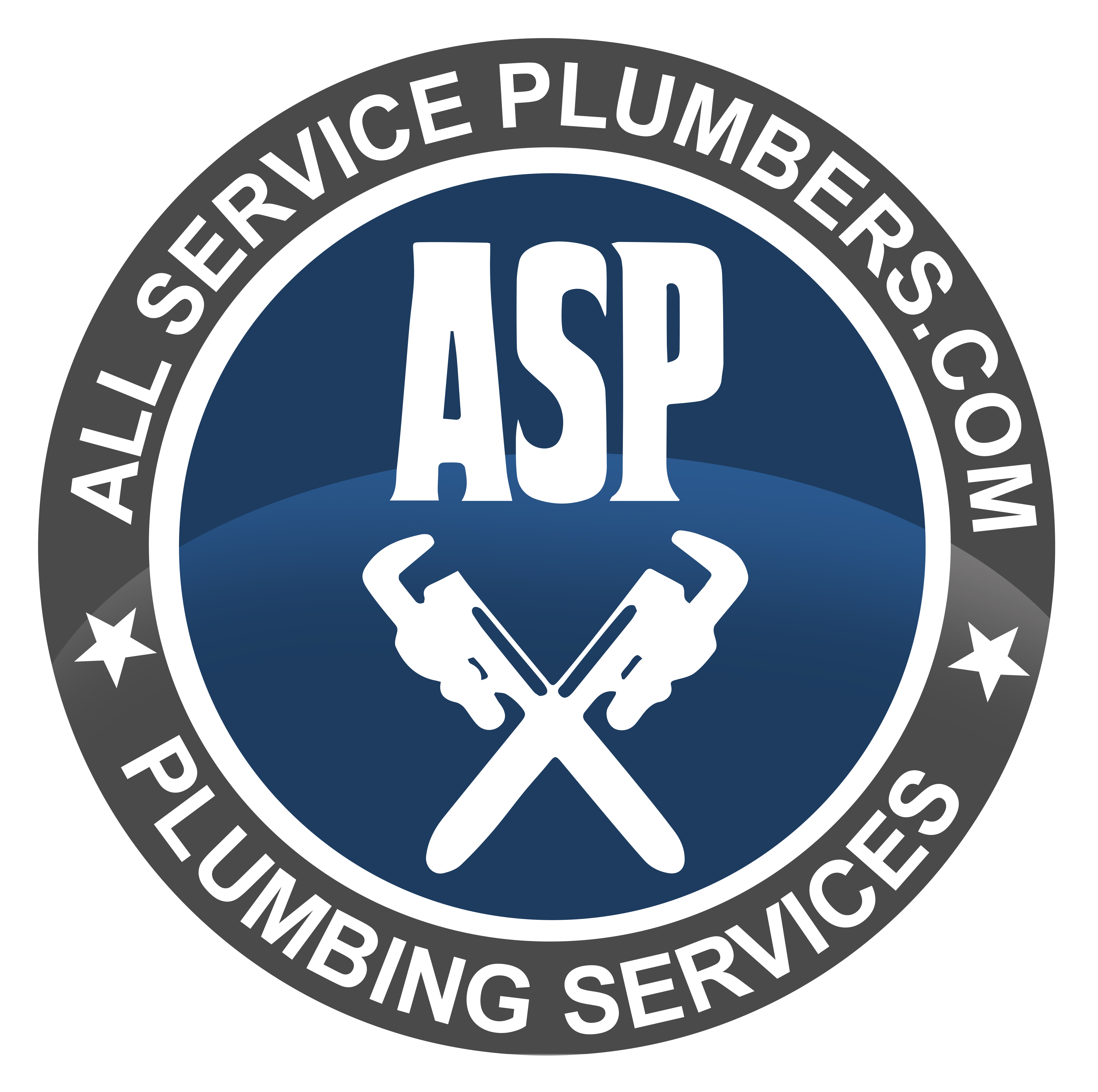
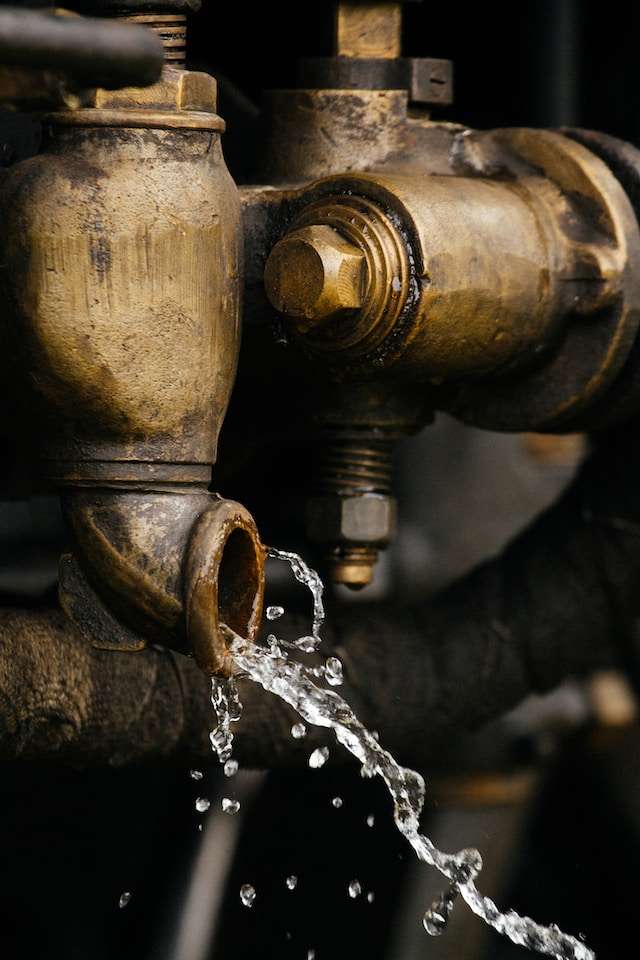
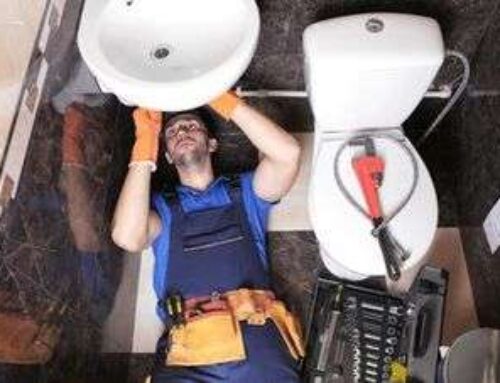
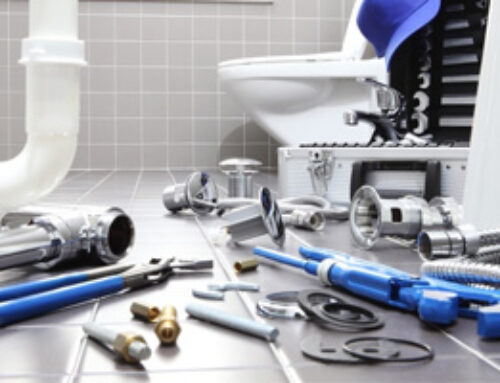
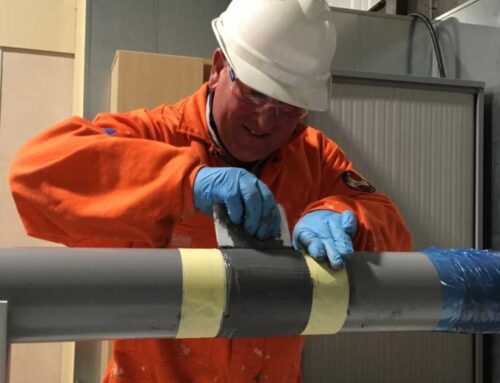
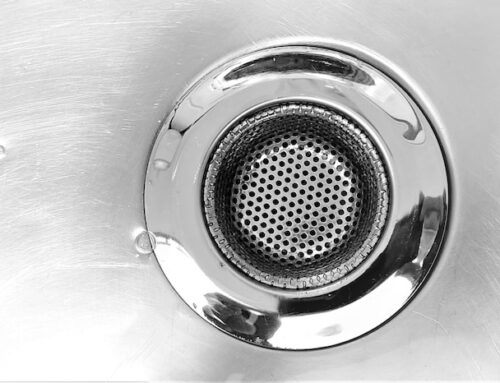
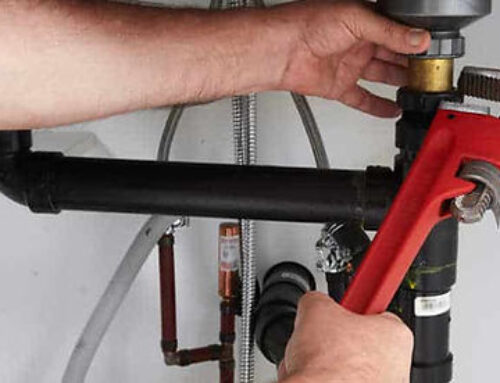
Leave A Comment